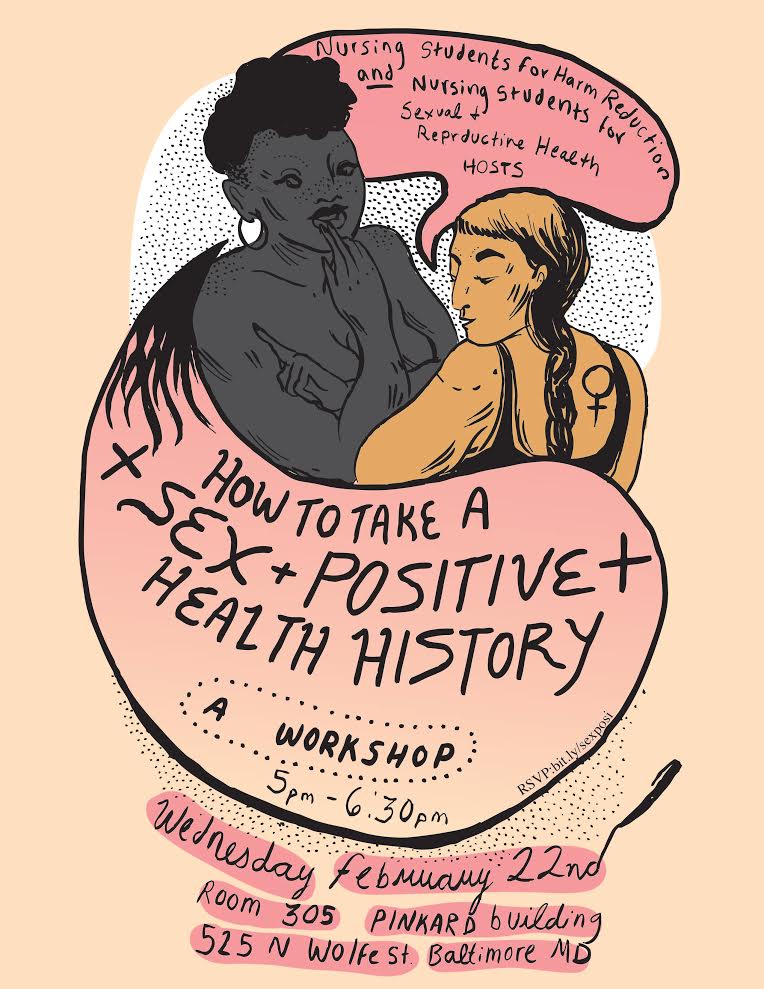As a young adult, I wanted to talk to my doctor about sex and how to keep myself safe. Instead of being receptive to my concerns, he shamed me for my sexual activity. He missed the perfect opportunity to ask me about my sexual partners, sexual practices, protection from sexually transmitted infections (STI), any past STIs, and pregnancy prevention. These are the fundamental elements of a sexual health history. If he had taken a sexual health history from a sex-positive standpoint he would have strengthened our relationship and increased my chances of disclosing future risks. Most people want to talk about their sex lives with health care practitioners but don’t bring it up. Nurses and nurse practitioners, consistently ranked the most trustworthy profession, are excellent clinicians to talk to about sex.
Sex positivity embodies the attitude that all consensual sexual activity is fundamentally healthy and pleasurable and encourages sexual pleasure and experimentation. The sex-positive movement is a social and philosophical movement that advocates for safer sex and education as part of its campaign. Nurses and nurse practitioners are master advocates and educators because advocacy and providing education fundamental aspects of our daily routine. In this role, we can promote a sex-positive approach to taking a sexual health history and to all patient care, thus creating a more welcoming environment for our patients.
Nursing students are exceptionally positioned to obtain a sexual health history by utilizing skills we learn in nursing school, for example, motivational interviewing and patient-centered care. Dr. Jason Farley one of our instructors, often says, “If you aren’t comfortable taking a sexual health history from your grandmother, then you aren’t ready to take a sexual health history from anyone.” A motivational interview grounded in the philosophy of sex positivity is an excellent tool for obtaining an accurate sexual health history. Having an accurate sexual health history guides your understanding of your patient’s risk, and can better inform your care.
Advocates fight the stigma around talking about sex in an open and comfortable way. Taking a sexual health history from someone and meeting that person where they are provides the foundation for approaching health care with a harm-reduction philosophy.
Harm reduction is a way of preventing disease and promoting health that meets people where they are at instead of making judgements about where they should be related to their personal health and lifestyle. Taking an accurate and non-judgmental sexual health history allows nurses and nurse practitioners to celebrate positive actions while providing science-based counseling and information about ways to reduce patient risk going forward.
Nurses and nurse practitioners have the unique honor of being in the most trusted profession and we can use that position to talk honestly, openly, and non-judgmentally about sex with the people we serve. The ability to take an accurate and sex-positive sexual health history is essential to the nurse practitioner student in the HIV Primary Care track in order to understand patient risk, offer counsel, and provide evidence-based care. This skill is not just needed in specialty care, but across all nursing disciplines.
Johns Hopkins School of Nursing Students will engage in a sex-positive health history workshop on Wednesday, February 22, 2017.
ABOUT THE AUTHOR: DEMETRIUS MARCOULIDES
Demetrius Marcoulides is an MSN-AGNP Primary Care with HIV Certificate student at JHSON. He is Vice President of Communications for the Nursing Student Senate and Co-director of Nursing Students for Harm Reduction.

